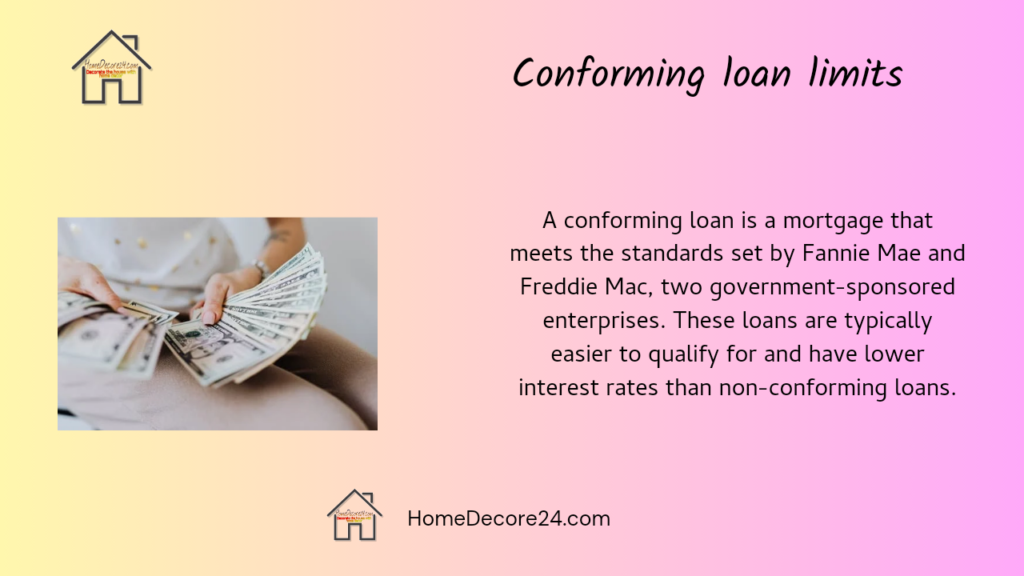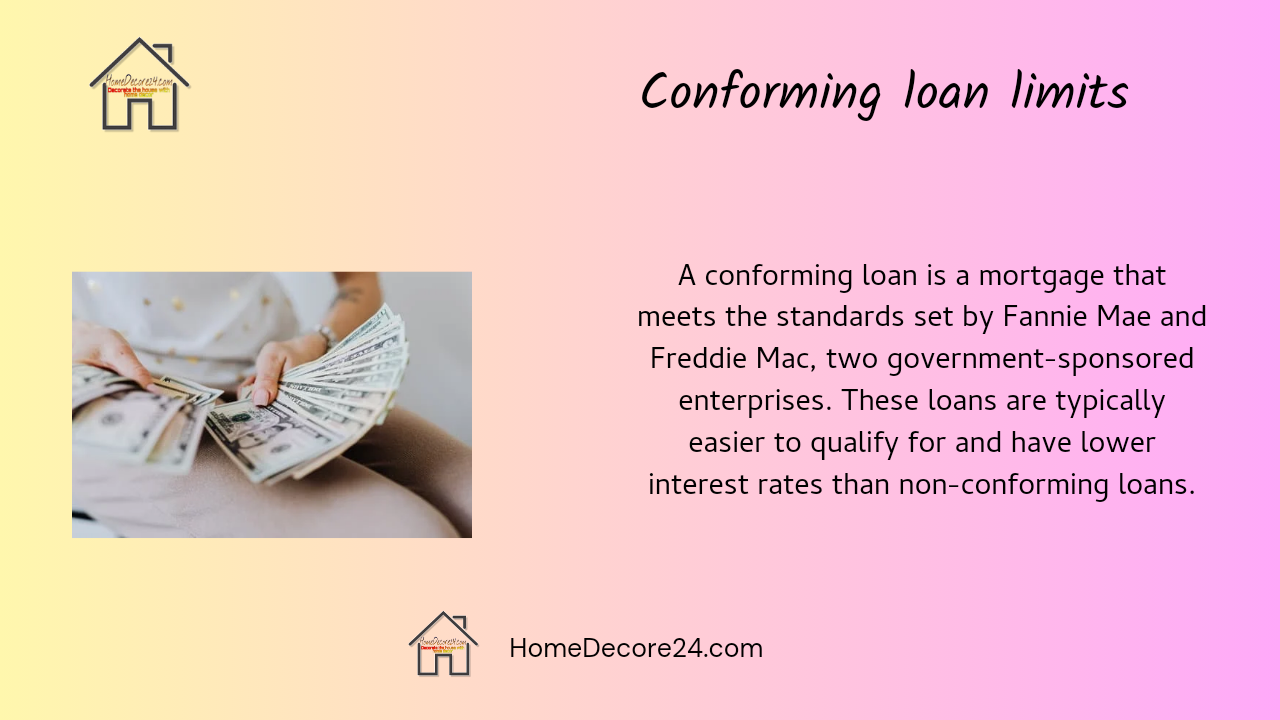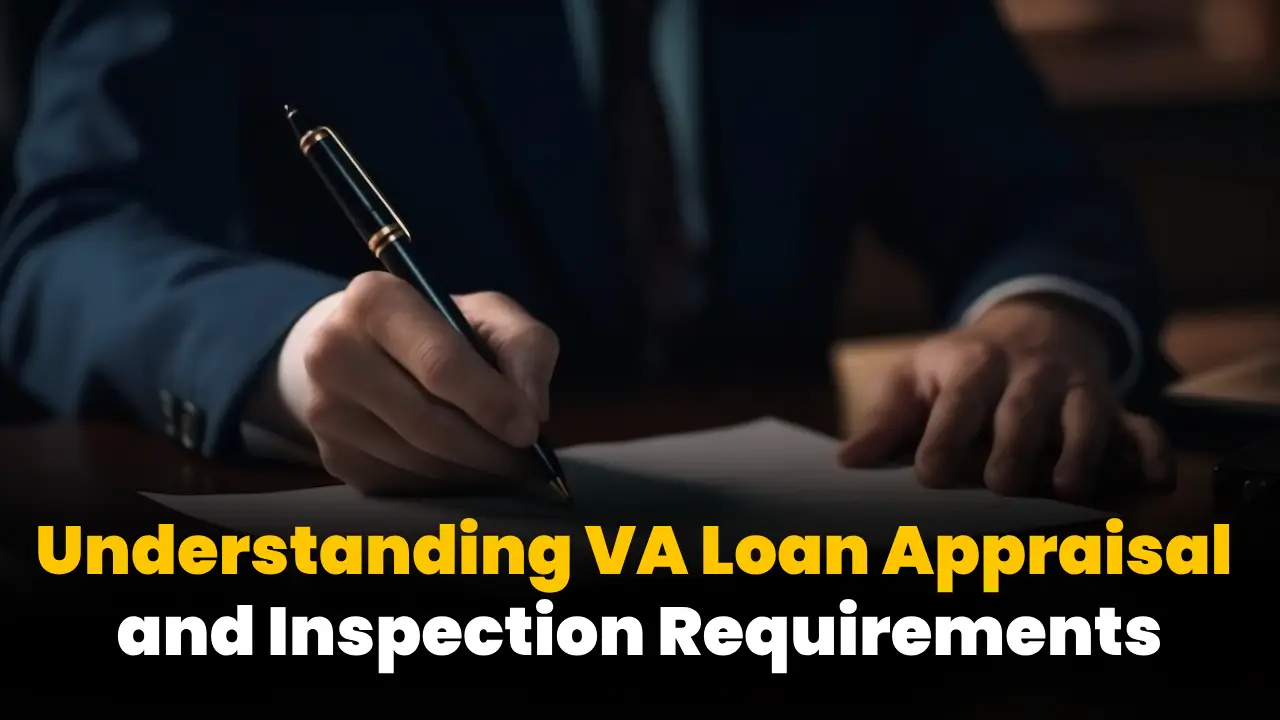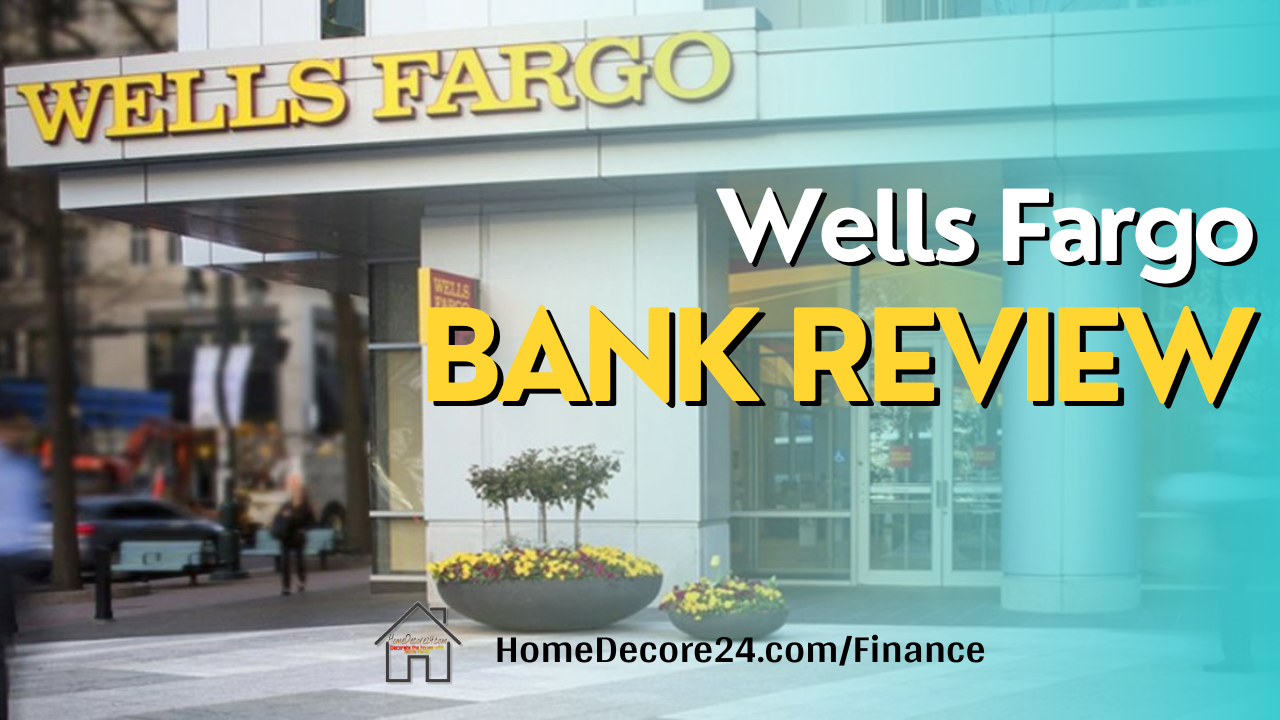
What is a conforming loan?
A conforming loan is a mortgage that meets the standards set by Fannie Mae and Freddie Mac, two government-sponsored enterprises. These loans are typically easier to qualify for and have lower interest rates than non-conforming loans.
What are conforming loan limits?
Conforming loan limits are the maximum loan amount that a lender can offer under the Federal Housing Finance Agency (FHFA)’s conforming loan program. These loans are backed by Fannie Mae and Freddie Mac, which are two government-sponsored enterprises (GSEs). Conforming loans are typically easier to qualify for than jumbo loans, which have no limit on the loan amount.
Read More: Exploring FHA Jumbo Loans
How are conforming loan limits determined?
Conforming loan limits are based on the median home price in each county. The FHFA updates the limits each year in January, based on data from the third quarter of the previous year. For 2023, the baseline conforming loan limit for a single-unit property is $726,200. This is a $79,000 increase from the 2022 limit of $647,200.
The conforming loan limit in high-cost areas
In high-cost areas, the conforming loan limit is higher than the baseline limit. The FHFA defines a high-cost area as one where the median home price is 115% or more of the baseline limit. In these areas, the conforming loan limit is equal to 150% of the baseline limit.
For example, the median home price in Los Angeles County is $805,000. This means that the conforming loan limit in Los Angeles County for 2023 is $1,089,300 (150% of $726,200).
Read More: FHA streamline Refinance: Rates and Pros-cons
What are the benefits of conforming loans?
There are several benefits to getting a conforming loan, including:
- Lower interest rates: Conforming loans are typically offered at lower interest rates than jumbo loans. This is because they are backed by Fannie Mae and Freddie Mac, which are considered to be safe investments.
- Easier to qualify for: Conforming loans have less strict qualifying criteria than jumbo loans. This means that you may be able to qualify for a conforming loan even if your credit score is not perfect or you have a low down payment.
- More available mortgage products: There are more mortgage products available for conforming loans than for jumbo loans. This gives you more options when it comes to choosing a loan that fits your needs.
Conforming loan limits in High-Cost areas
Conforming Loan Limits in High-Cost Areas
The conforming loan limit is the maximum amount that a lender can offer for a conventional mortgage that is guaranteed by Fannie Mae or Freddie Mac. In high-cost areas, the conforming loan limit is higher than the baseline limit. The Federal Housing Finance Agency (FHFA) defines a high-cost area as one where the median home price is 115% or more of the baseline limit.
For 2023, the baseline conforming loan limit for a single-unit property is $726,200. This is a $79,000 increase from the 2022 limit of $647,200. In high-cost areas, the conforming loan limit is up to $1,089,300.
The following are some of the high-cost areas in the United States for 2023:
- Alaska
- California
- Colorado
- District of Columbia
- Florida
- Idaho
- Maryland
- Massachusetts
- New Hampshire
- New Jersey
- New York
- Pennsylvania
- Tennessee
- Utah
- Virginia
- Washington
- West Virginia
- Wyoming
FAQ’s
What are the new max conforming loan limits for 2023?
The baseline conforming loan limit for 2023 is $726,200. In high-cost areas, the limit is up to $1,089,300.
What is conforming and non-conforming loans?
Conforming loans meet the standards set by Fannie Mae and Freddie Mac, while non-conforming loans do not. Conforming loans are typically easier to qualify for and have lower interest rates than non-conforming loans.
YouTube Video
Bottom Line
The conforming loan limits for 2023 have increased by $79,000 from the 2022 limits. This is due to the rising cost of housing in many parts of the country. The baseline conforming loan limit for 2023 is $726,200. In high-cost areas, the limit is up to $1,089,300.
Conforming loans are typically easier to qualify for and have lower interest rates than non-conforming loans. If you are considering buying a home, it is a good idea to talk to a mortgage lender to see if you qualify for a conforming loan.







